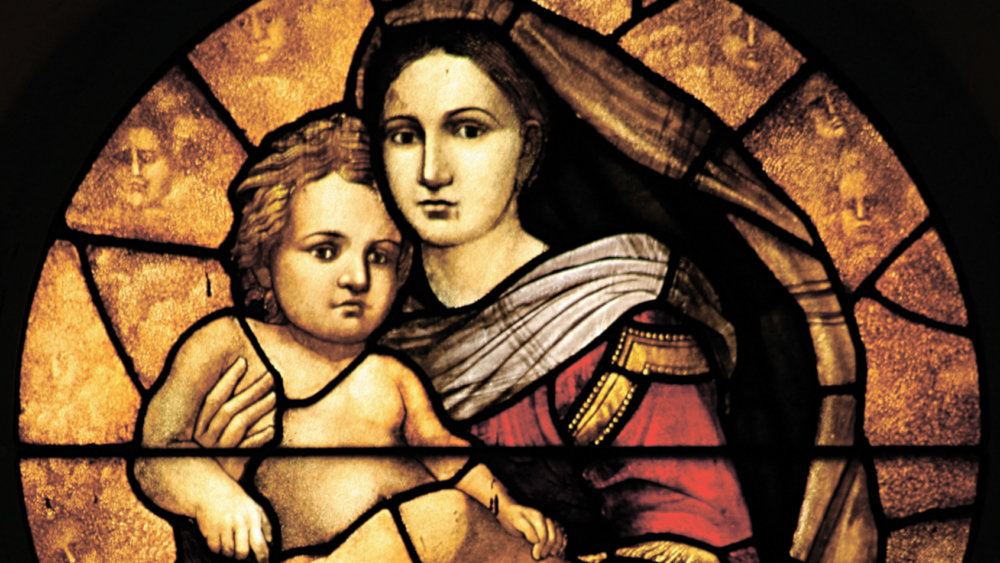Why God became weak
John Dickson on the disturbing frailty of the creator of the universe
I once gave a talk at the University of Western Sydney on the theme of the divinity of Christ. I focused on the crucifixion narrative and underlined for the audience the striking nature of historic Christianity’s claim that the Creator of the universe would condescend to take on flesh and suffer at the hands, and for the sake, of his creatures.
His monologue was probably the longest five minutes of my speaking career.
After the talk, the chairperson opened the floor for questions. A man in his mid-thirties stood up and proceeded to tell the audience how preposterous was the idea that the King of the universe could be subservient to the forces of his own creation. God is all-powerful and all-knowing, he declared: How could the Almighty experience frailty and suffering?
It turned out that the man was a Muslim leader at the university and an academic. His monologue was probably the longest five minutes of my speaking career.
He was very civil but was adamant that what I had said was illogical: the Creator and Sustainer of all things could not possibly be dependent on earthly sustenance. In his mind, Jesus’ need for earthly food was a knockdown argument against his divinity.
More seriously, he insisted that what I had said was blasphemy because I had associated infinite majesty with human weakness and servitude. Only later did I realise these were traditional Islamic arguments against the Christian understanding of Jesus. They come straight out of the Qur’an itself:
They do blaspheme who say, “God is Christ, the son of Mary.” If they desist not from their word of blasphemy, verily a grievous penalty will befall the blasphemers. Christ the son of Mary was no more than an apostle. His mother was a woman of truth. They both had to eat their daily food. See how God makes his signs clear to them; yet see in what ways they are deluded. (Q Al-Maidah 5:72–75)
When the chairperson invited me to respond, I did my best to address his main concerns. But it soon became obvious there would be no “winner” in this debate. Our premises were miles apart. His vision of a majestic God excluded, by definition, any notion of weakness and servanthood.
God entered his creation to serve his creatures.
My vision of God’s majesty consisted precisely in the Creator’s willingness to serve his creation.
I ended simply by thanking my Muslim friend for drawing to the audience’s attention a profound difference between Islam and Christianity.
What is blasphemous to the Muslim is glorious for the Christian: God entered his creation to serve his creatures.
Taken from A Doubter’s Guide to Jesus by John Dickson. Copyright © 2018 by Zondervan, used by permission of Zondervan.

